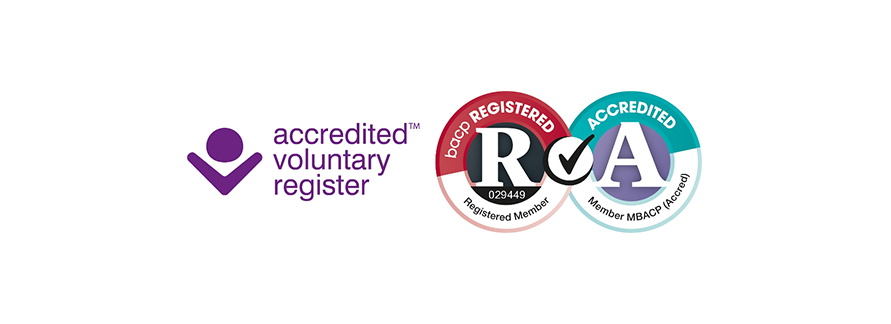What is Hypnotherapy?
Hypnotherapy is an evidence based therapy, with over 70,000 research references worldwide, but which is often misunderstood by the public.
The name Hypnosis is derived from ‘Hypnos’ – the Greek god of sleep – although this is not a useful way of describing Hypnosis, as you do not go to sleep. Hypnosis is a perfectly natural state of mind that we all go into several times a day, for example when daydreaming, watching TV, meditating, playing a sport or doing something creative. It is a state that we have all experienced, there is nothing ‘mystical’ about the Hypnosis.
During Hypnosis your body and conscious mind are relaxed and your subconscious mind is open to suggestion. The subconscious mind is the seat of your imagination, emotions and creativity. It is the part of your mind that deals with all your automatic functions like breathing, heart beating, skills that become automatic like riding a bike, and habits – good and bad. The subconscious mind is a vast memory store, it remembers everything from when you were born to now – even if you can’t consciously remember.
Hypnotherapy is when a professionally trained person uses the state of Hypnosis to bring about changes that the client desires. This is done by communication with the subconscious mind. The Hypnotherapist can use several methods for this including direct or permissive suggestion, metaphors, and imagery. Sometimes the Hypnotherapist will work through past events with you to facilitate release and change. You are still aware of what is being said to you during Hypnotherapy and you are still in control.
Hypnotherapy is not a ‘magic wand’, it is a tool that can help you to help yourself and take control of your life. You need to be committed to change.
Your Hypnotherapy session
Your Hypnotherapy session will usually start with talking about the issues you would like help with. For the Hypnotherapy part of your session you will be asked to make yourself comfortable and close your eyes. Your Hypnotherapist will talk to you and will usually take you through some kind of relaxation approach and some visualisation.
How can it help?
Hypnotherapy can help you with a huge range of issues. Here are some examples of the many issues which Hypnotherapy can help with:













